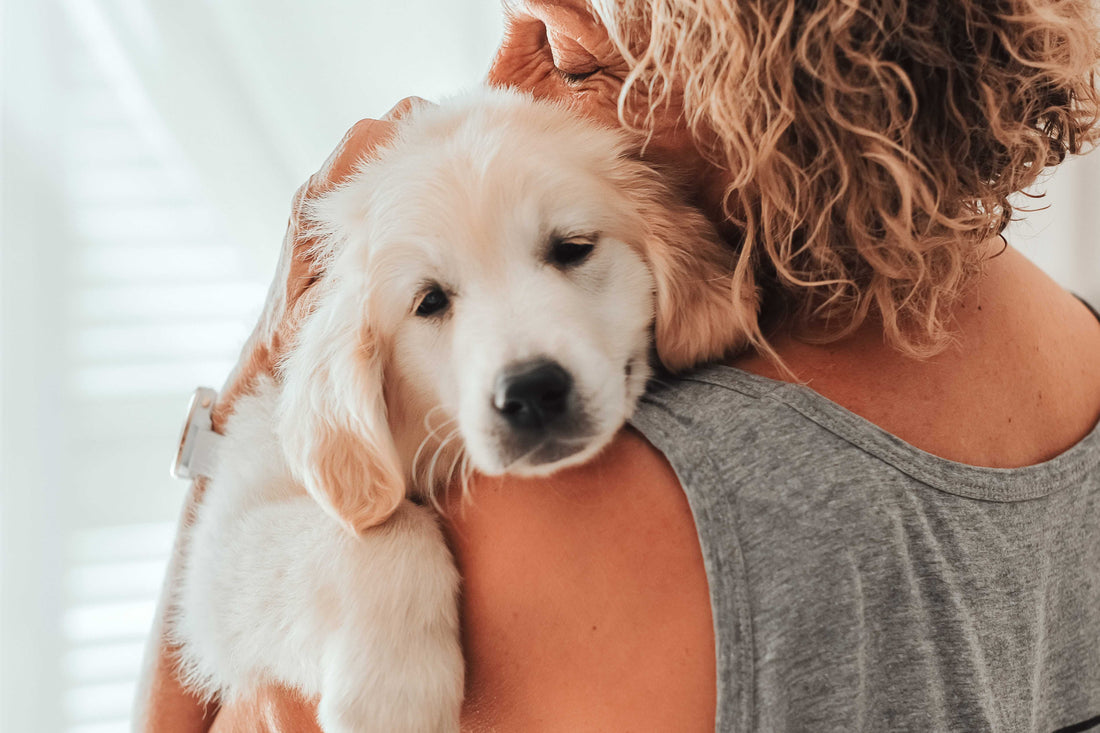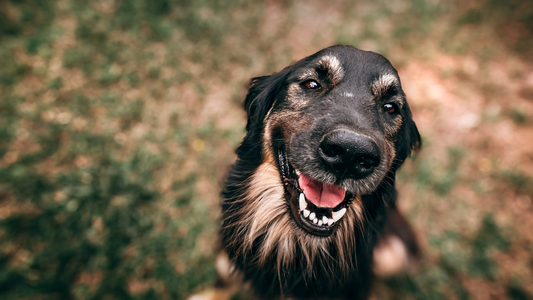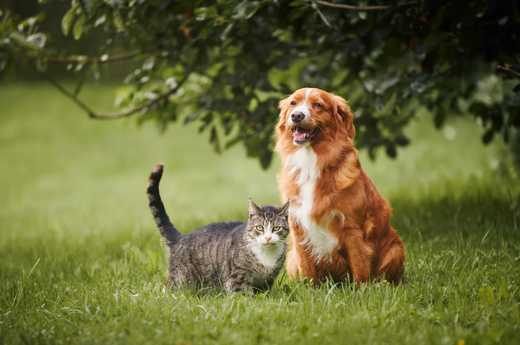When Loud Noises Become a Silent Threat: The Impact of Noise Phobia on Pet Wellbeing
Does the thunder make your pup disappear under the bed? Or does your kitty go into hiding when fireworks start? If so, your furry friend might be dealing with more than just a startle. They could be experiencing noise phobia – a common but upsetting condition that can really dampen their joy.
Noise phobia isn’t just about the scary sounds; it can cast a long shadow over your pet’s life, causing stress, anxiety, and even changes in their behaviour. We know how much your pet means to you, and we understand how heartbreaking it is to see them scared.
At Healthy Pet Co., we’re committed to helping your furry family member feel safe and loved. In this blog, we’ll explore the world of noise phobia, uncovering its causes, symptoms, and most importantly, how you can help your pet overcome it. Let’s work together to bring peace and happiness back into your pet's life.
Understanding the Roots of Noise Phobia
The exact cause of noise phobia in pets remains unclear. However, several factors are believed to contribute:
- Genetics: Certain breeds, like herding dogs and some gun dogs, may have a predisposition to noise sensitivity.
- Negative Experiences: Traumatic events associated with loud noises, like a thunderstorm during a frightening situation, can trigger phobic responses.
- Lack of Early Exposure: Puppies and kittens with minimal exposure to various sounds during their critical socialisation period might be more susceptible.
- Underlying Medical Conditions: In some cases, underlying health issues like ear infections or hearing problems can contribute to sound sensitivity.
The Cascade Effect: How Noise Phobia Affects Pet Wellbeing
While the initial fear response is most evident, noise phobia has far-reaching consequences for a pet's wellbeing:
Chronic Stress
Imagine living in constant fear of the next loud bang or crackle. That's what noise phobia feels like for your pet, and it’s something that can wear them down both mentally and physically. It's like being on high alert all the time, which can weaken their body's natural defences and make them more prone to getting sick.
Anxiety Disorders
Noise phobia can be a real troublemaker, often teaming up with other anxiety issues like separation anxiety or general worry. This stressful mix may lead to some tough behaviours, such as the destruction of furniture, barking or meowing non-stop, and difficulty relaxing.
Behavioural Changes
Feeling scared and anxious can really change how your pet acts. They might become shy and hide away when they think a loud noise is coming, or they could get really upset and start chewing on furniture or scratching at doors. Not only is this a horrible experience for them, but it’s also heartbreaking for you to see them so distressed.
Decreased Quality of Life
Constant fear and anxiety can take a serious toll on your pet’s wellbeing. They might struggle to enjoy simple pleasures like walks or playtime, as these activities could bring unexpected loud noises. This constant stress can lead to a noticeable decline in their overall happiness.
Recognising the Signs of Noise Phobia
Pets suffering from noise phobia display a range of distressing symptoms, both physical and behavioural. Physically, they might tremble, shake, pant excessively, drool, pace frantically, hide, or show signs of dilated pupils. In severe cases, they may even lose control of their bladder or bowels.
Behaviorally, noise phobia can manifest as excessive barking or whining, destructive actions like chewing or scratching, desperate attempts to escape, seeking constant comfort from their owner, becoming withdrawn and inactive, or losing interest in food.
Helping Your Pet Cope with Noise Phobia
If you suspect your pet has noise phobia, consult your veterinarian. They can diagnose the condition and create a treatment plan tailored to your pet's needs. Techniques like desensitisation therapy involve gradually exposing your pet to the feared sound at a low volume while offering positive reinforcement.
Counterconditioning aims to replace fear with positive associations by pairing the scary noise with treats or toys. Behaviour modification – guided by a professional animal behaviourist – can help address any behavioural changes linked to the phobia. In severe cases, your vet might recommend anti-anxiety medication for temporary relief during particularly stressful events. Remember, patience and consistency are key when helping your pet overcome noise phobia.
Your Path to Placid Pets
At Healthy Pet Co., we're here to help your four-legged friends overcome noise phobia. Our team offers support, calming products, and expert advice, and we carry vet-approved solutions to create peaceful pups and calm kitties.




